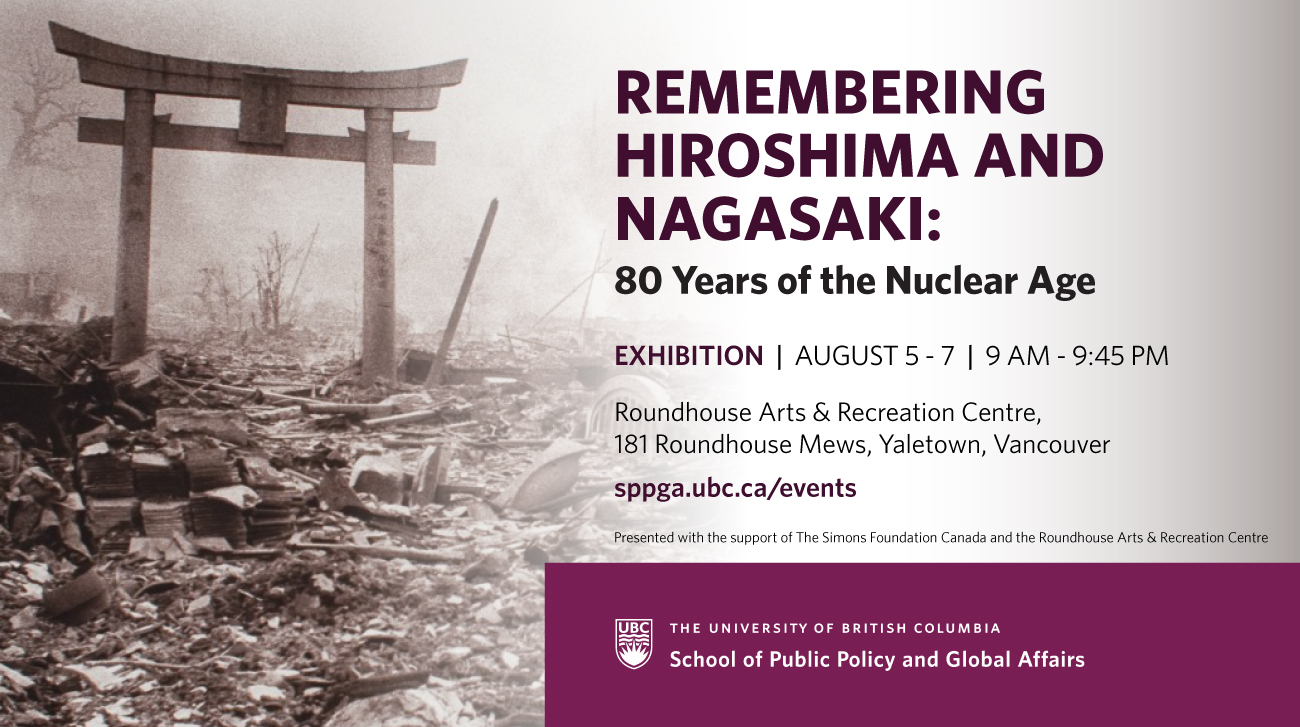This research presents the linguistic diversity – “linguascapes” of young adults in situated on the Asian periphery, focusing specifically on Mongolia in online and offline environments. Focusing on the diverse linguistic and cultural resources these young people draw on in their interactions, the author draws attention to the creative and innovative nature of their linguistic practices. While located on the Asian periphery, these young adults nevertheless roam widely in their use of popular culture, media voices and linguistic resources.
On the one hand, they appropriate the transnational cultural, linguistic and semiotic resources according to their locations and engage in a playful stylization and recontextualization of what the local means. On the other hand, they engage in stylization and reflexive language use, often involving exaggerated linguistic variation, mixing, and other semiotic resources in order to produce and perform a range of social and cultural identities.
The study shows how the circulation and take-up of transnational flows and multiple resources around Mongolia can involve diverse new processes of linguistic and cultural stylization. The implication of this study is to re-consider the role of varied cultural genres and linguistic resources in a globalised context, therefore considering the important interplay between language and globalisation.
About the Speaker:
Dr. Sender Dovchin is an Associate Professor at the Centre for Language Research, The University of Aizu, Japan. She completed her PhD and MA degrees in language education at the University of Technology, Sydney, Australia. Her research pragmatically contributes not only to the second language education of young generation living in the Asian peripheral contexts such as Mongolia and Bangladesh, but also to the post-industrial Asian context such as Japan, providing a pedagogical view to accommodate the multiple co-existences of linguistic diversity in a globalized world. She has authored articles in most prestigious international peer-reviewed journals, such as Journal of Sociolinguistics, International Journal of Multilingualism, Multilingua: Journal of Cross-Cultural and Interlanguage Communication, World Englishes, Asian Englishes, English Today, International Journal of Multilingual Research, Translanguaging and Translation in Multilingual Contexts and Inner Asia.
Her first research monograph co-authored with Alastair Pennycook and Shaila Sultana, “Popular Culture, Voice and Linguistic Diversity: Young Adults On- and Offline” (Language and Globalization Series: Palgrave-Macmillan) was published in August 2017. Most recently, her single-authored monograph “Language, Media and Globalization in the Periphery” was contracted by Routledge (New York) for publication in the series Routledge Studies in Sociolinguistics. Her third major project, a research manuscript titled, “Language, Sociolinguistic Authenticity and Social Media” was awarded as “Runner-Up in the 2016 Peter Lang Young Scholars Competition in Linguistics and Education Studies”. The distinguished editorial board of Peter Lang offered a contract for a paperback book to be published by Peter Lang by early 2018. Dr. Dovchin has also recently been awarded one of the most competitive Japanese research grants – KAKENHI – by the Japan Society for the Promotion of Science between 2017-2020. Her Kakenhi research topic is: “Integrating English language based Western social media in the EFL classrooms in Japanese universities”.

